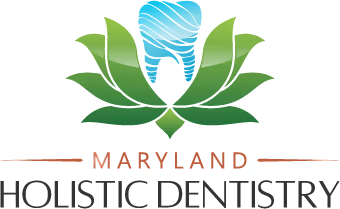Pregnancy and teeth have an important relationship. A recent research done by Western Reserve University of Dental Medicine determined that the death of a fetus in uterus occurred because of pregnancy-associated gum disease. How is it that a mother’s oral health has the potential to affect her unborn infant’s health? It all has to do with the bacteria and inflammation in the mothers mouth that get’s into the bloodstream and travels to the amniotic fluid where the baby then swallows this bacteria.
The baby can then get an infection from this bacteria.
This low grade inflammatory response to bacteria can cause pre-term labor, low birth weight, preeclampsia, developmental complications, asthma, ear infections, birth abnormalties, and behavoiral difficulties. 60 – 70 percent of all pregnant women will get gingivitis at some point during their pregnancy due to increased hormone levels that cause a over-reactive inflammatory response of the gum tissues to plaque.
A pregnancy tumor can develop when plaque builds up underneath the gum line.
To help minimize your risks during pregnancy, here are some tips and some common conditions to be on the lookout for:
- Gum disease – during pregnancy, teeth and gums need special attention. Regular tooth brushing twice daily, flossing once daily, eating a balanced diet and visiting the dentist regularly will help reduce dental problems that are common during pregnancy.
- Enamel erosion – for some women, morning sickness is a major symptom of pregnancy. Along with the nausea comes additional acid that, if left in your mouth, can erode your teeth. Be sure to rinse your mouth out with water or with mouthwash to keep the acid level in your mouth under control.
- Dry mouth – pregnancy dry mouth can put women at a greater risk for problems such as tooth decay and infections. Drink plenty of water to stay hydrated and chew sugarless gum to enhance production of saliva.

